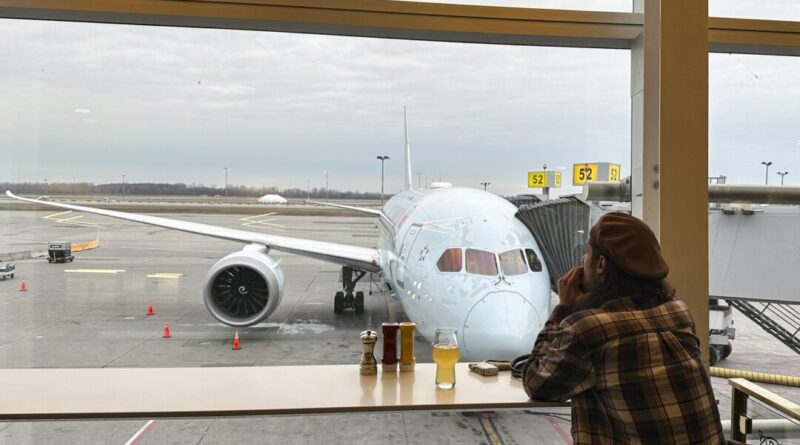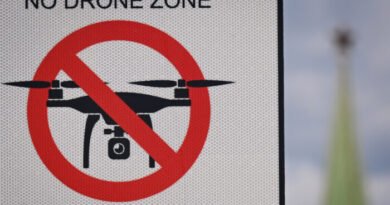Federal Government Keeps Close Watch on Decrease in Unfit Pilots by 74% Amid COVID
Transport Canada is closely monitoring a significant decrease in the number of airplane pilots deemed medically unfit to fly in recent years.
While having more medically fit-to-fly pilots would typically be positive, the lower numbers in this case could be attributed to various factors.
Spokesperson Sau Sau Liu stated, “Transport Canada is aware of the change in this indicator and remains committed to closely monitoring the situation and factors that may be influencing this change.”
According to data presented in the House of Commons on May 22 by the department, the number of pilots deemed unfit began to decrease significantly in 2021 after Transport Canada permitted remote medical screenings for aviation medical certificate renewals.
This measure was implemented in response to COVID-19, but despite the virus and related restrictions being in the past, Transport Canada has extended the policy until 2025.
Transport Canada’s data shows that 428 pilots were deemed medically unfit in 2018 and 498 in 2019, affecting 0.93 percent and 1.09 percent of pilots, respectively.
The remote medical assessment policy was enacted in May 2020, with 0.95 percent of pilots being deemed unfit that year.
The ratio saw a significant decline in subsequent years, dropping to 0.64 percent in 2021, 0.41 percent in 2022, and 0.29 percent in 2023.
Comparing data from 2019 to 2023, there has been a 74 percent decrease in the ratio of pilots deemed unfit.
When questioned about this trend, Transport Canada emphasized its commitment to prioritizing safety in licensing and evaluating pilots’ medical fitness.
“The mandate of Transport Canada’s Civil Aviation Medicine Branch is to ensure aircrew and air traffic controllers are medically fit, while closing gaps in scientific knowledge of civil aviation medicine,” stated Ms. Liu.
The information on pilots was provided by Transport Canada in response to an inquiry from Conservative MP Arnold Viersen regarding aviation safety matters.
Transport Canada did not specifically mention the exemption of in-person medical screenings for pilots initiated in 2020, focusing instead on screening questions related to cannabis use.
The in-person screening exemption was recently renewed in March 2023 for two more years.
Transport Canada’s website explains that the initial exemption was granted to limit face-to-face interactions and reduce exposure to potentially hazardous healthcare settings due to the COVID-19 pandemic.
The department believes that telemedicine now offers advantages beyond the pandemic and provides more flexibility for applicants, especially those in remote locations.
Commercial pilots under 40 years old need annual medical exams, while those over 40 must undergo exams every six months.
“Aviation personnel, although not fundamentally deceptive, may not volunteer information that could affect their medical certification,” it adds.



